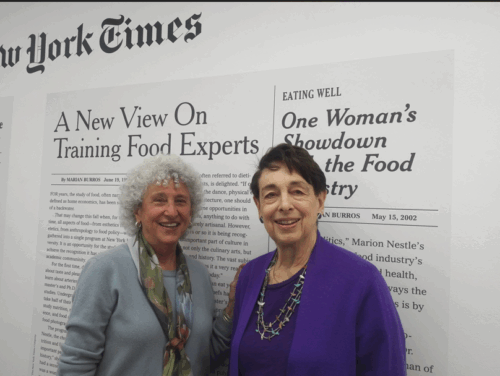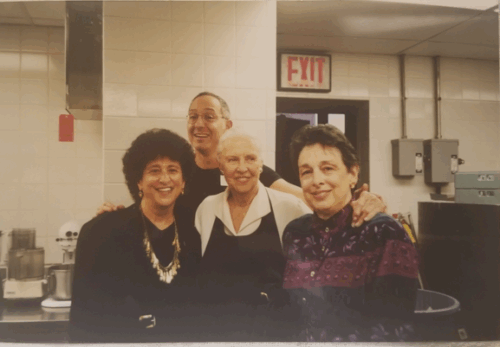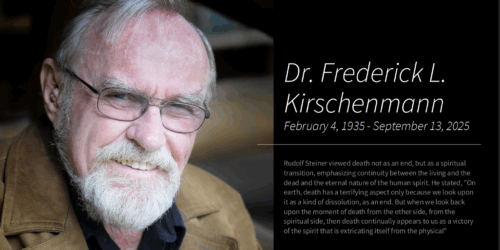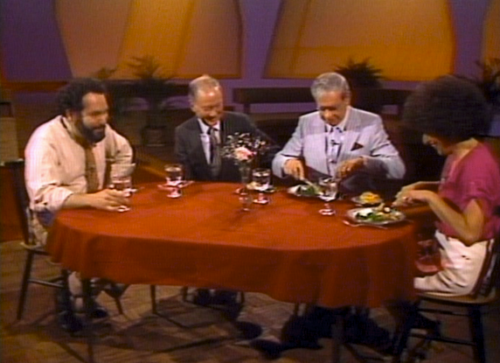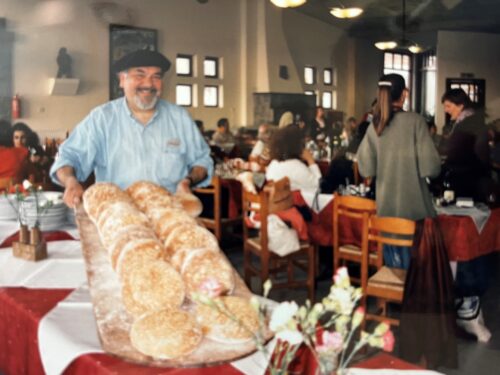RIP Dr. Jerome Lowenstein: a remembrance
Last week I was heartbroken to receive a message from Danielle Ofri, the editor of the Bellevue Literary Review, announcing the death of Jerome Lowenstein, who had been my primary care doctor for more than 20 years.
To say that the editors of Bellevue Literary Review were saddened to learn of the passing of Jerome Lowenstein, MD, is an understatement. Jerry was our founding nonfiction editor, one of the original sparks that led to BLR’s creation.
How lucky I was to be his patient. I would schedule my appointments late in the afternoon when we could talk for hours, mostly about his research on kidney function. He was a practicing nephrologist, but had a small primary care practice to which I felt privileged to belong.
Here’s how that happened.
In California, I had been a Kaiser Permanente patient since childhood, and was used to non-profit medical care. Dealing with for-profit New York health care was difficult, and in the mid-1990s I had an unsettling experience with an excessively interventionist (in my view) primary care doctor, who I never wanted to see again.
Soon after this incident occurred, I was reading the New England Journal of Medicine when I came across a review of a book by an NYU doctor named Jerome Lowenstein, The Midnight Meal and Other Essays about Doctors, Patients, and Medicine. The reviewer, Robert Schwartz, said:
He values words and explores how they reveal attitudes about patients. He hates dehumanizing and judgmental jargon and deplores the psychic numbing of overworked residents…He teaches by example, learns from patients, values the physical examination, and doubts — profoundly doubts — the utility of outcomes research. Lowenstein finds evidence-based medicine disturbing, frightening, and anti-intellectual.
He worked at NYU? I worked at NYU. I looked up his email address, recounted my story, and asked if he could refer me to a primary care doctor who viewed medical care the way he did.
He said he had a small primary care practice, and that I sounded like his kind of patient. Would I like to see him.
Would I ever!
When he gave up his practice some years ago, it felt like a crisis. He arranged for all of us to be seen by Dr. David Kudlowitz, and that’s also worked out well.
I loved him. I was not alone in that.
Farewell, dear doctor. I will miss you and so will the world.
Obituaries

